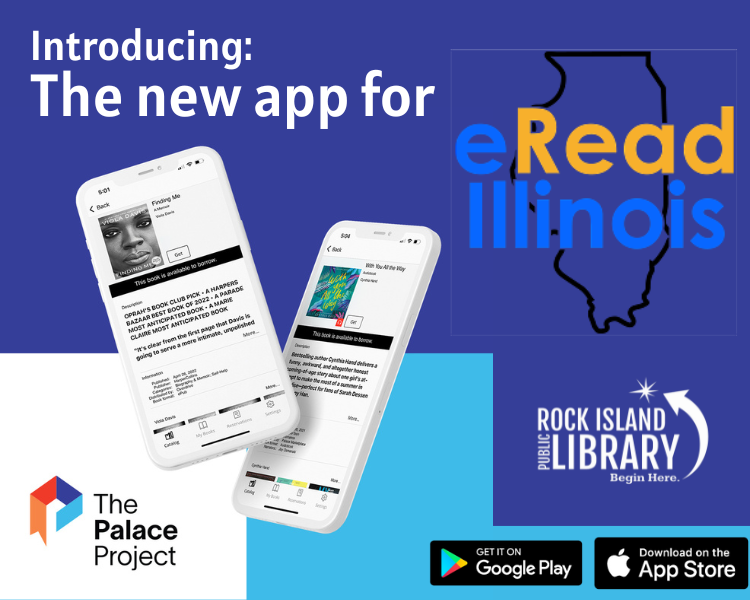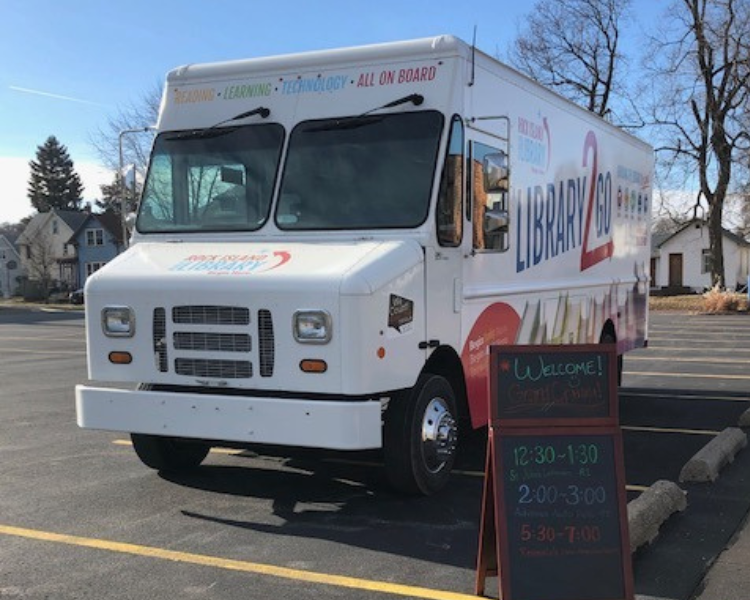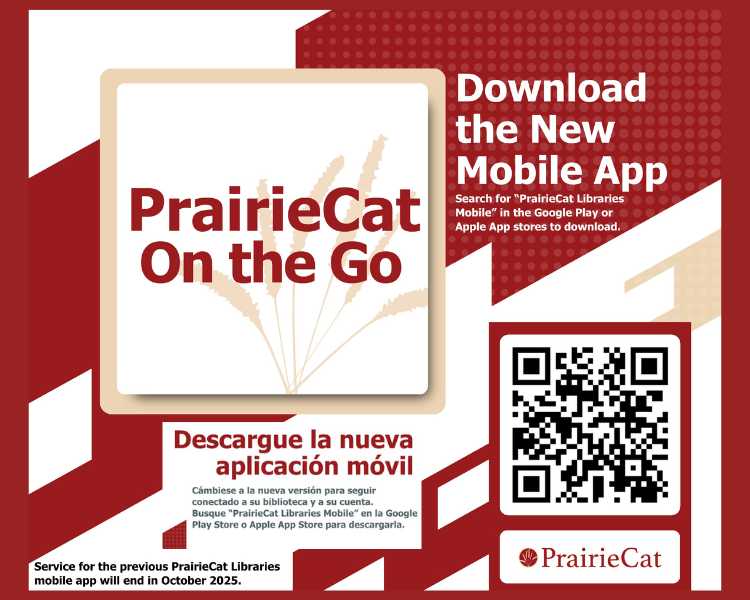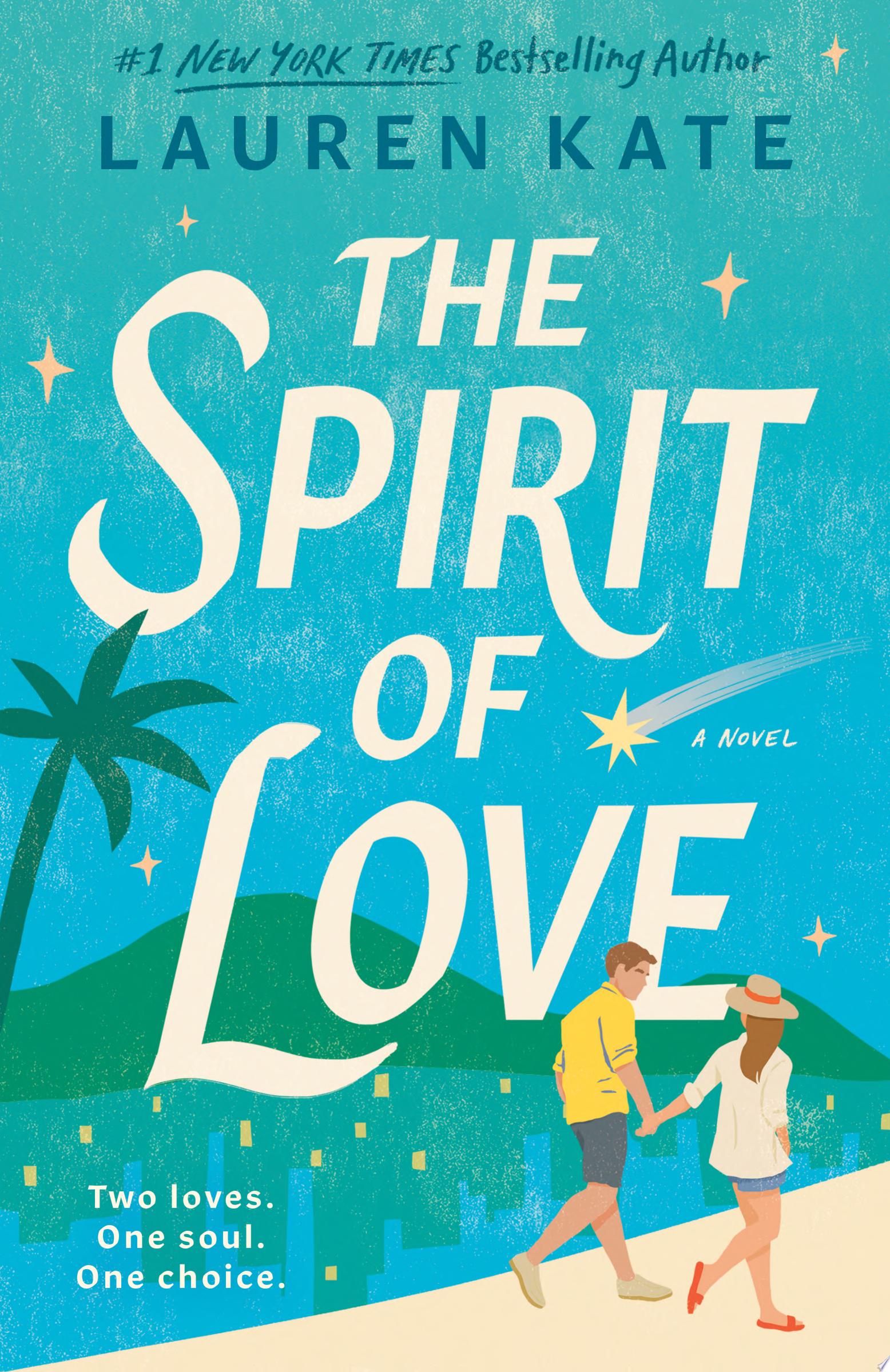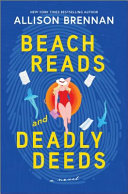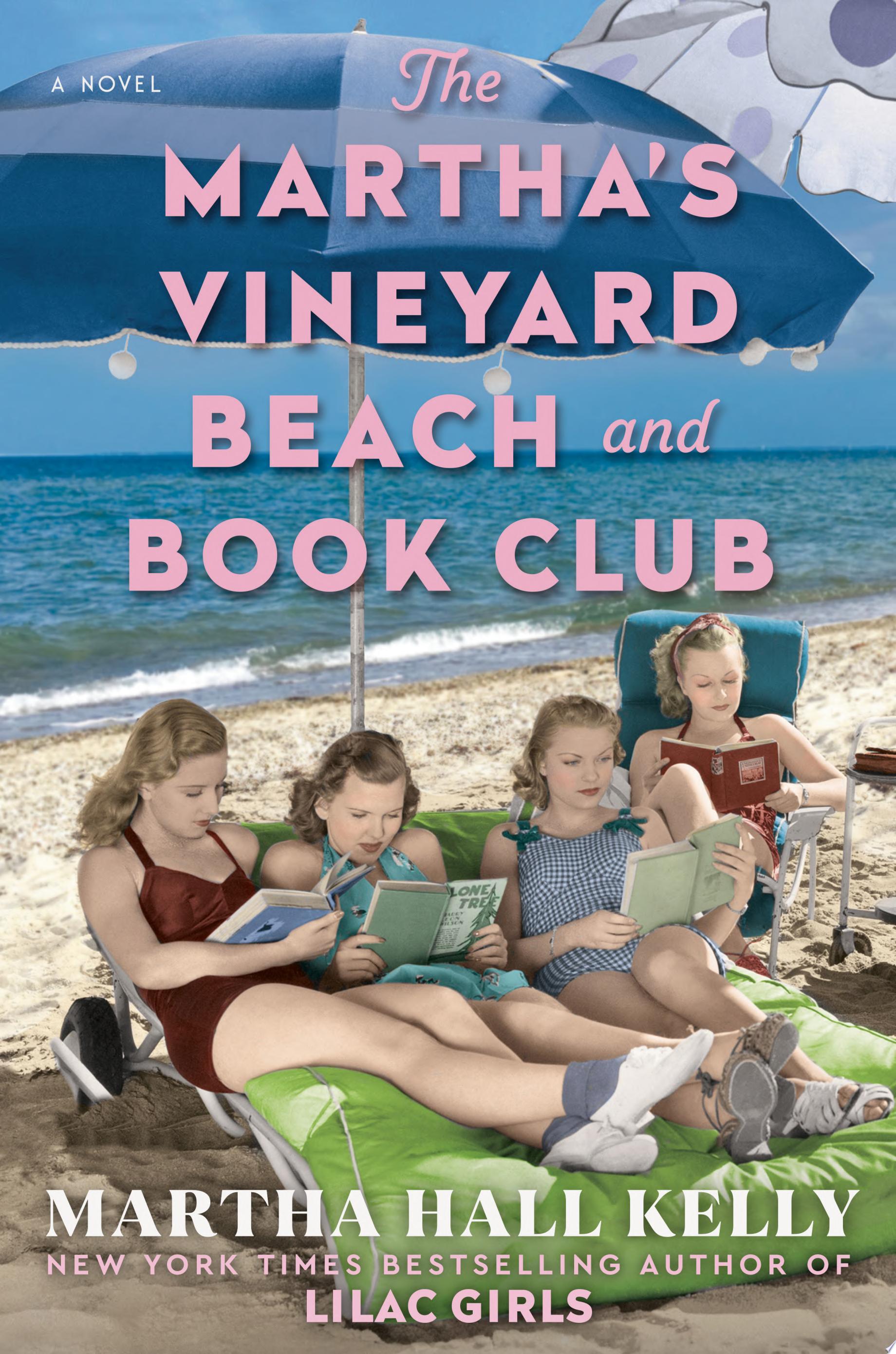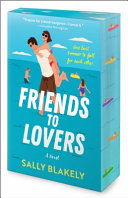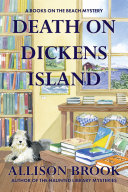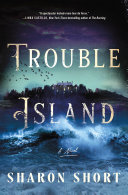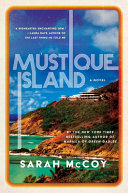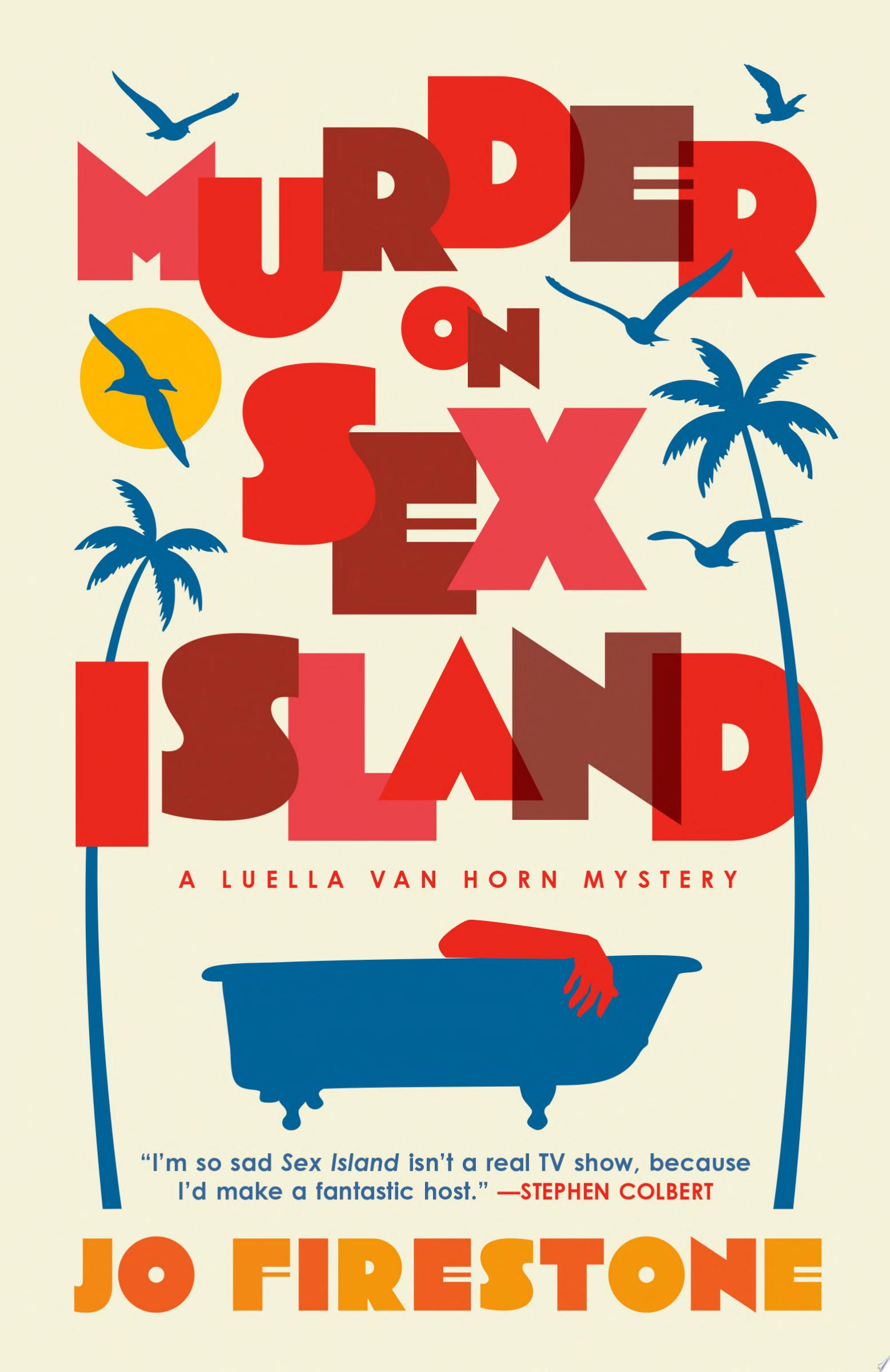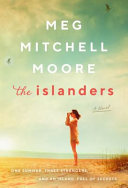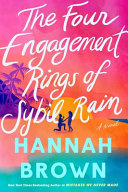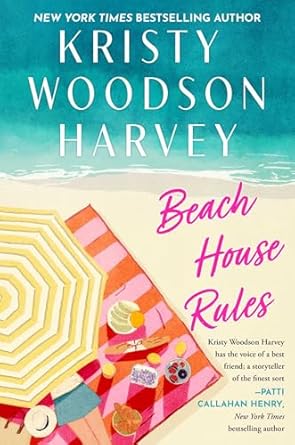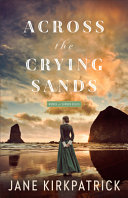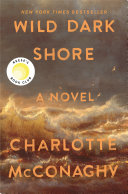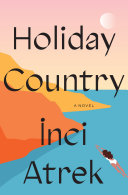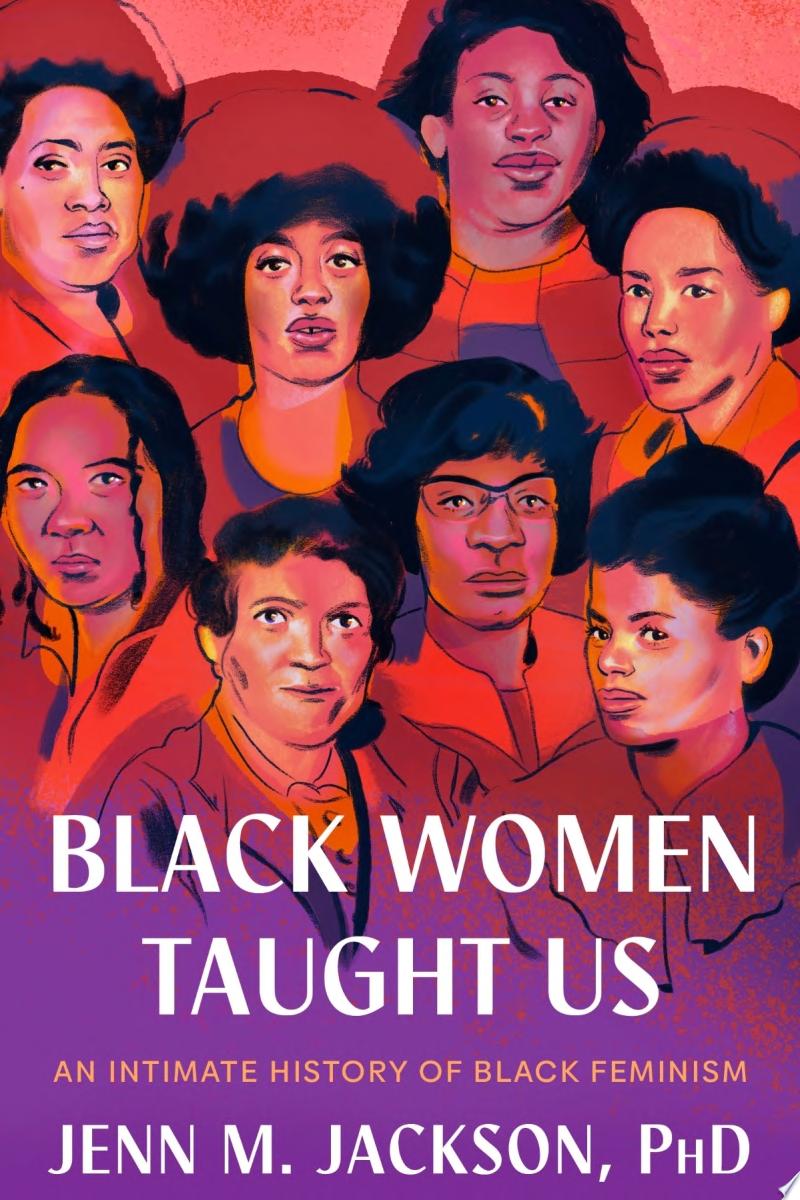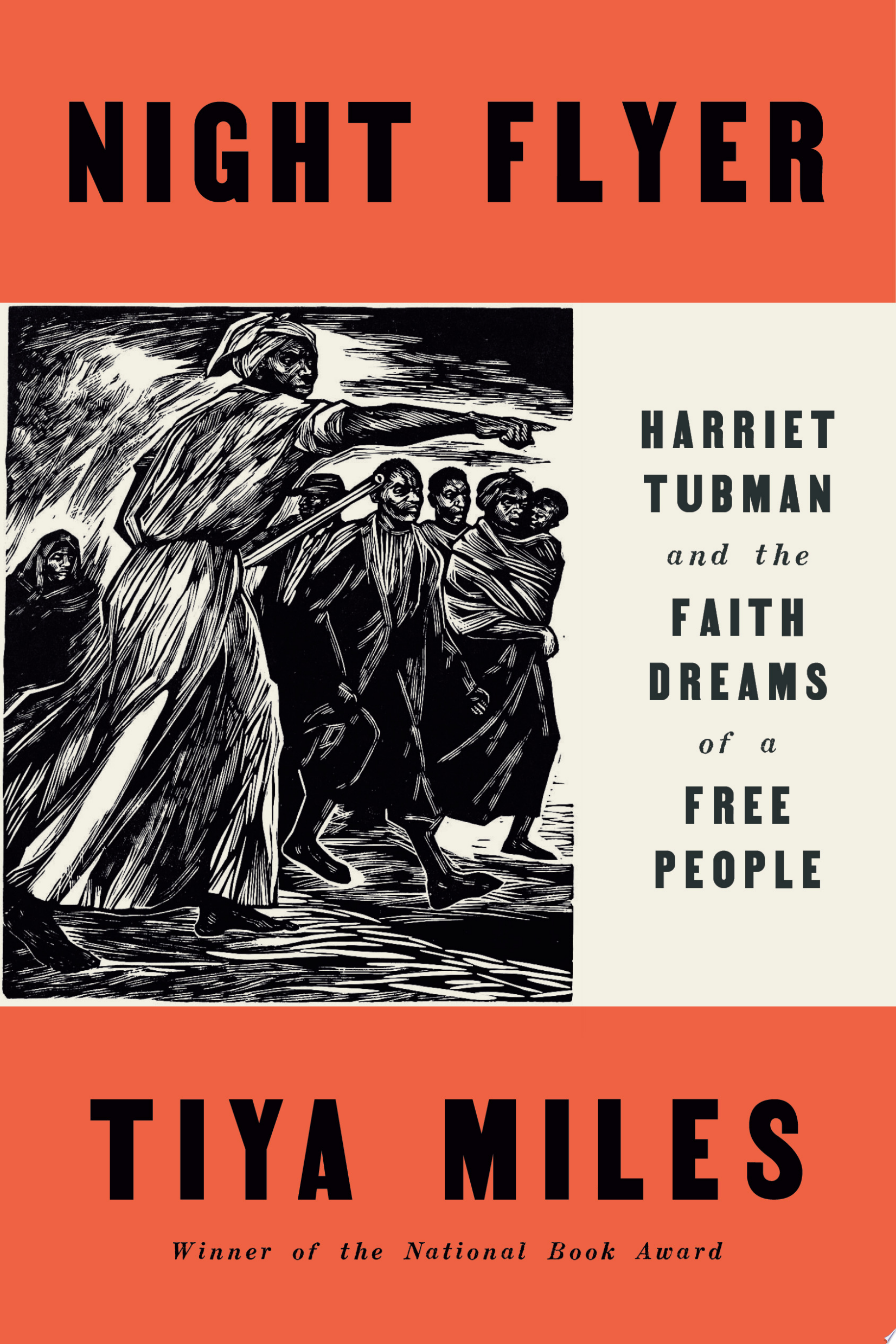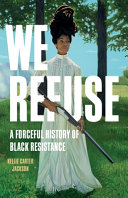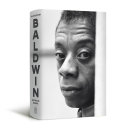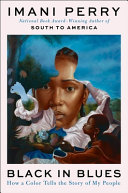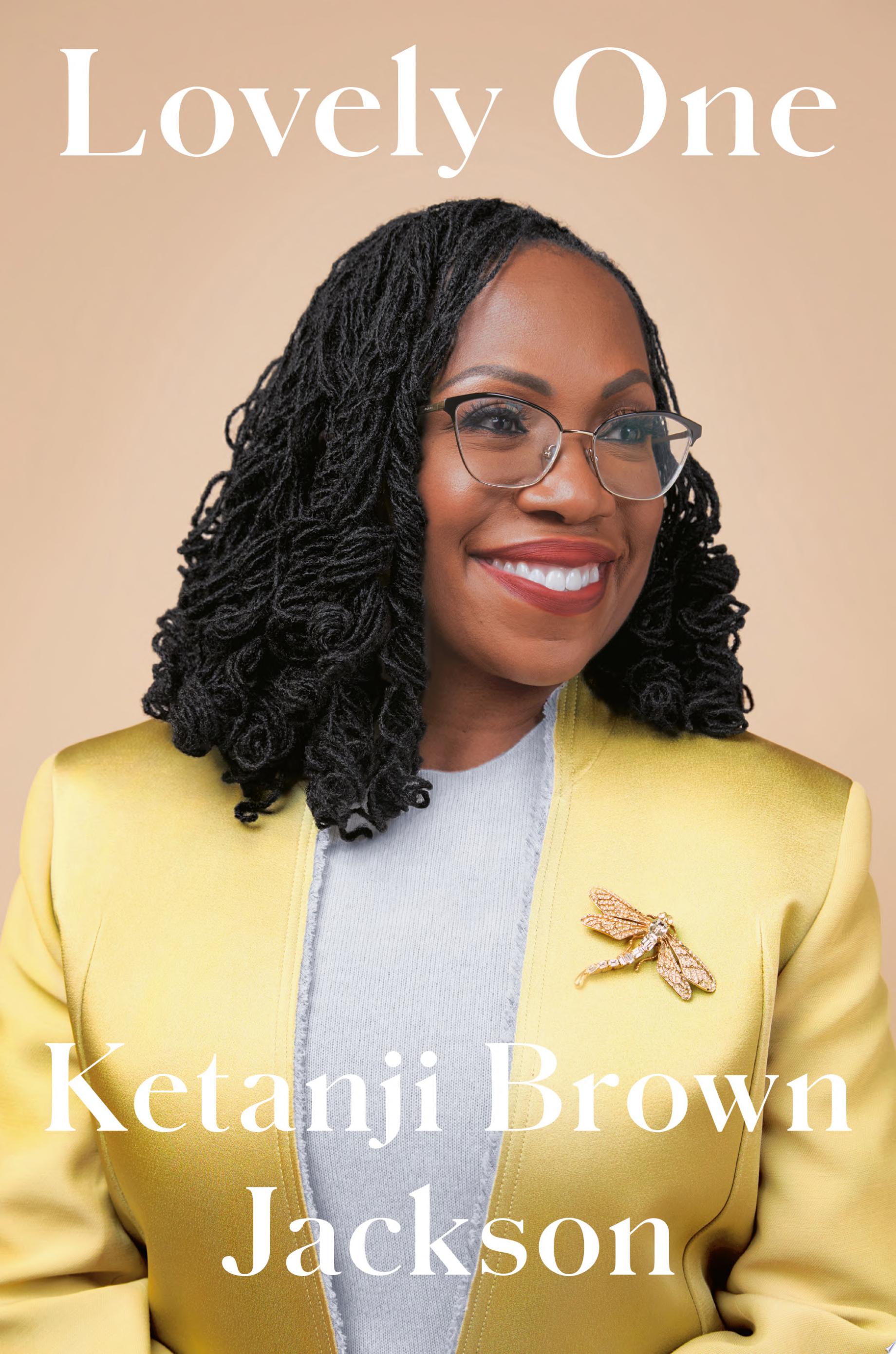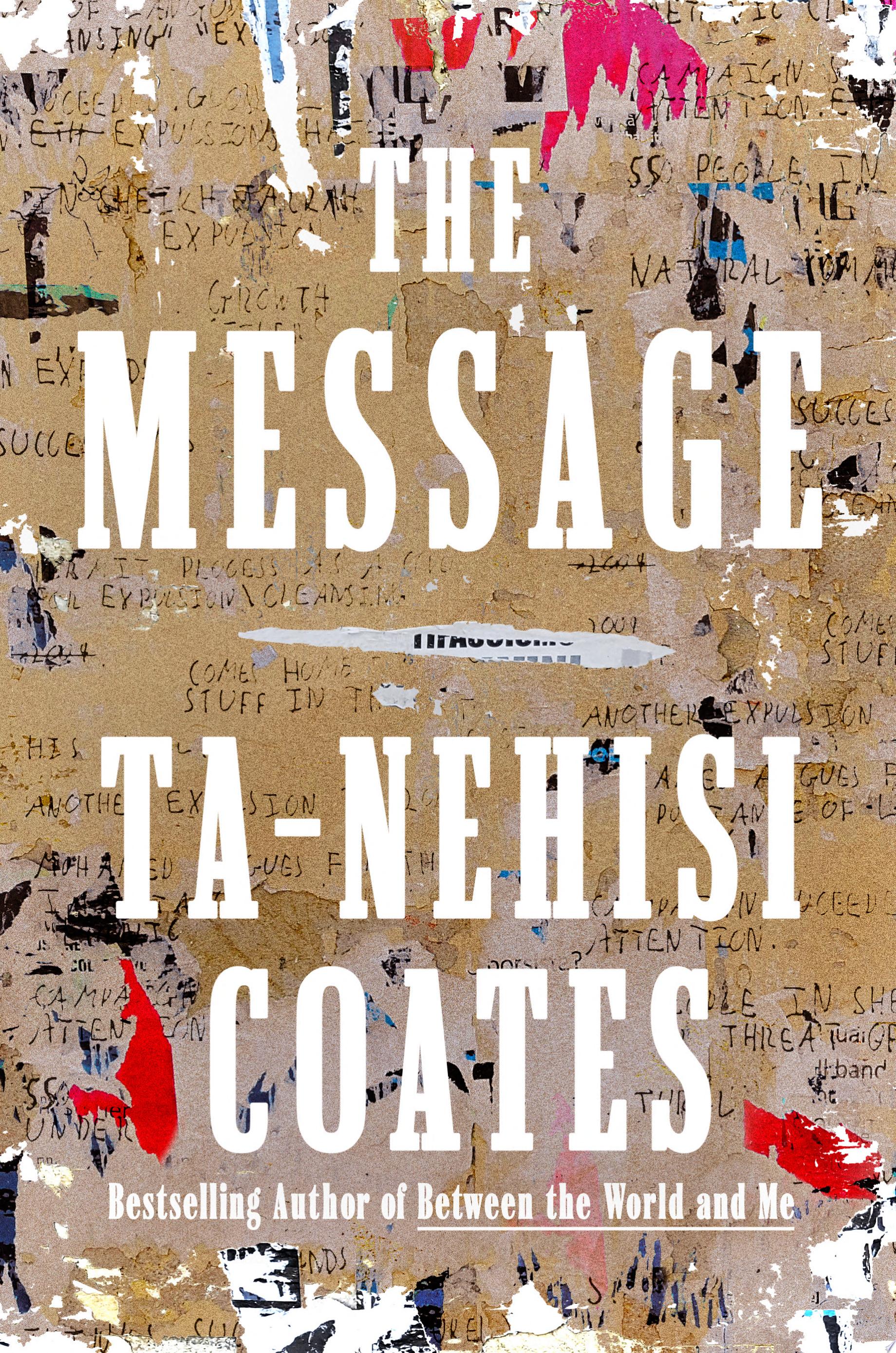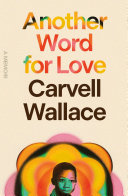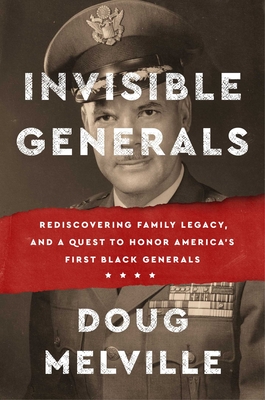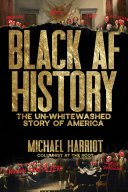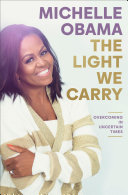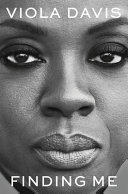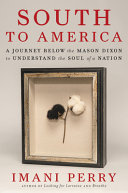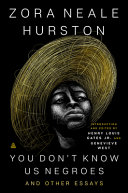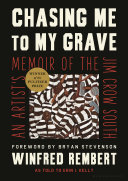Upcoming Events
Community Comforts Drive
Take part in our 8th annual Community Comforts Drive! Times have been tough and many of our neighbors are in need. Our annual drive aims to collect personal care items that are so important to our health and wellbeing.
Southwest Book Club
This afternoon book club meets at the Southwest Branch on the 4th Wednesday* of each month during the spring and fall seasons (club will not meet in January, over the summer, or in December).
Early Learning Outreach-RIMSD HeadStart & Preschool For All Visits
Early Learning Outreach-RIMSD HeadStart & Preschool For All Visits
Youth Services staff will be reading and sharing literacy activities with the RIMSD Head Start and Preschool for All classes.
Coffee & Conversations
Meet neighbors and create community at Coffee & Conversations every 2nd and 4th Thursday of the month at the Southwest Library! Coffee, light refreshments, and optional activities will be provided.
Winter Toddler Playgroup
Relaxing and casual fun for kids 5 and younger with their caregiver. Toys and activities will be set out from 10 am to noon at the Downtown Library, Children's Room.
Elementary After School Activity @ Southwest
Fun activities and crafts every week Tuesdays at Watts-Midtown and Thursdays at Southwest!! Come for fun every week for Elementary age kids (K-6)!
This week we will be playing board games!













